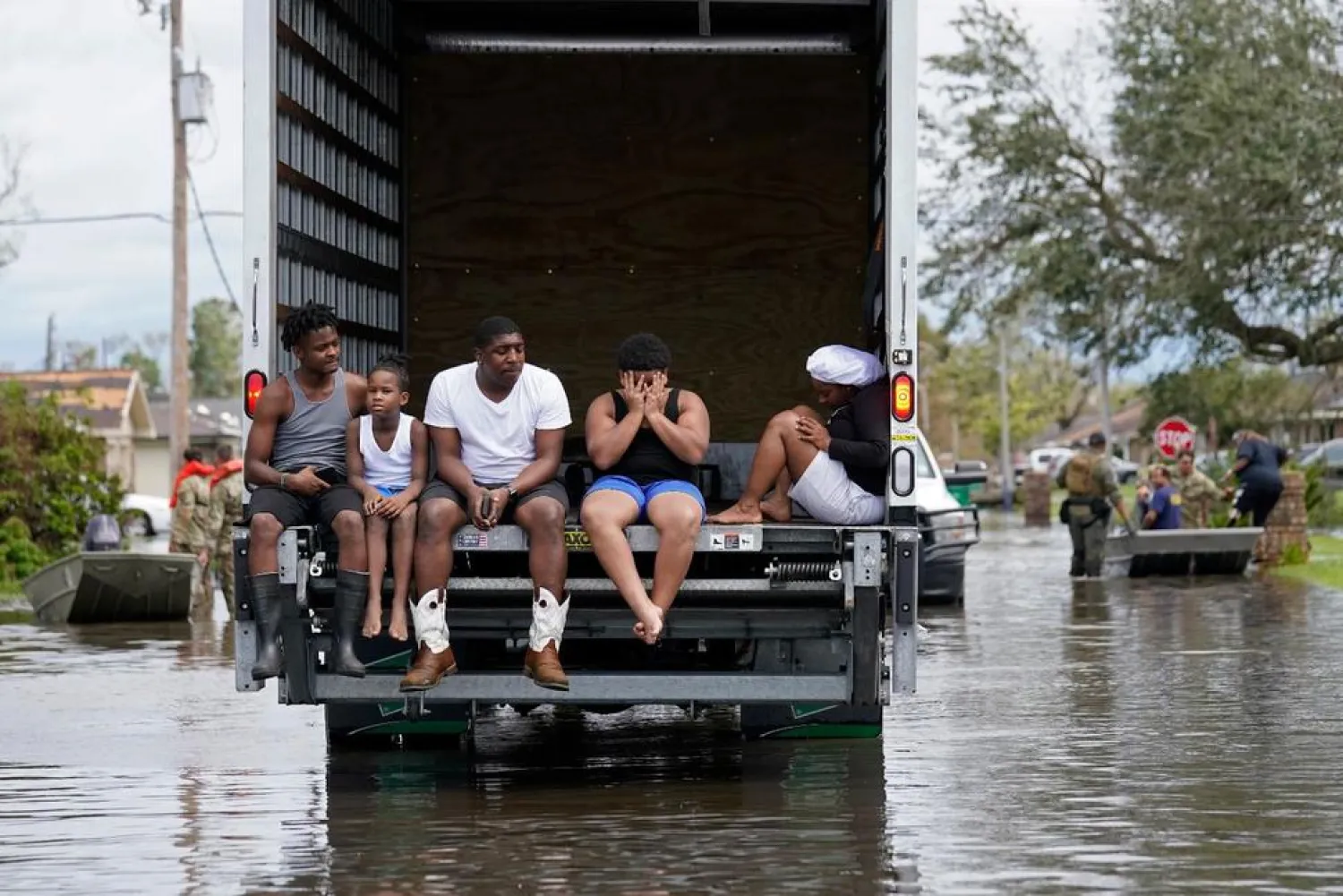Weather disasters are striking the world four to five times more often and causing seven times more damage than in the 1970s, the United Nations weather agency reports.
But these disasters are killing far fewer people. In the 1970s and 1980s, they killed an average of about 170 people a day worldwide. In the 2010s, that dropped to about 40 per day, the World Meteorological Organization said in a report Wednesday that looks at more than 11,000 weather disasters in the past half-century.
The report comes during a disaster-filled summer globally, with the United States simultaneously struck by powerful Hurricane Ida and an onslaught of drought-worsened wildfires.
In the 1970s, the world averaged about 711 weather disasters a year, but from 2000 to 2009 that was up to 3,536 a year or nearly 10 a day, according to the report, which used data from the Centre for Research on the Epidemiology of Disasters in Belgium. The average number of yearly disasters dropped a bit in the 2010s to 3,165, the report said.
Most death and damage during 50 years of weather disasters came from storms, flooding and drought.
More than 90% of the more than 2 million deaths are in what the U.N. considers developing nations, while nearly 60% of the economic damage occurred in richer countries.
In the 1970s, weather disasters cost about $175 million a year globally, when adjusted to 2019 dollars, the U.N. found. That increased to $1.38 billion a year in the 2010s.
What's driving the destruction is that more people are moving into dangerous areas as climate change is making weather disasters stronger and more frequent, U.N. disaster and weather officials said. Meanwhile, they said, better weather warnings and preparedness are lessening the death toll.
“The good news is we’re learning how to live with risk and protect ourselves,” said Susan Cutter, director of the Hazards and Vulnerability Research Institute at the University of South Carolina, who wasn’t part of the report. “On the other hand, we’re still making stupid decisions about where we’re putting our infrastructure. ... But it’s OK. We’re not losing lives, we’re just losing stuff."
Hurricane Ida is a good example of heavy damage and what will probably be less loss of life than past major hurricanes, Cutter said. This year, she added, weather disasters “seem to be coming every couple weeks,” with Ida, US wildfires and floods in Germany, China and Tennessee.
“The number of weather, climate and water extremes are increasing and will become more frequent and severe in many parts of the world as a result of climate change,” said WMO Secretary-General Petteri Taalas.
The five most expensive weather disasters since 1970 were all storms in the United States, topped by 2005’s Hurricane Katrina. The five deadliest weather disasters were in Africa and Asia — topped by the Ethiopian drought and famine in the mid 1980s and Cyclone Bhola in Bangladesh in 1970.









